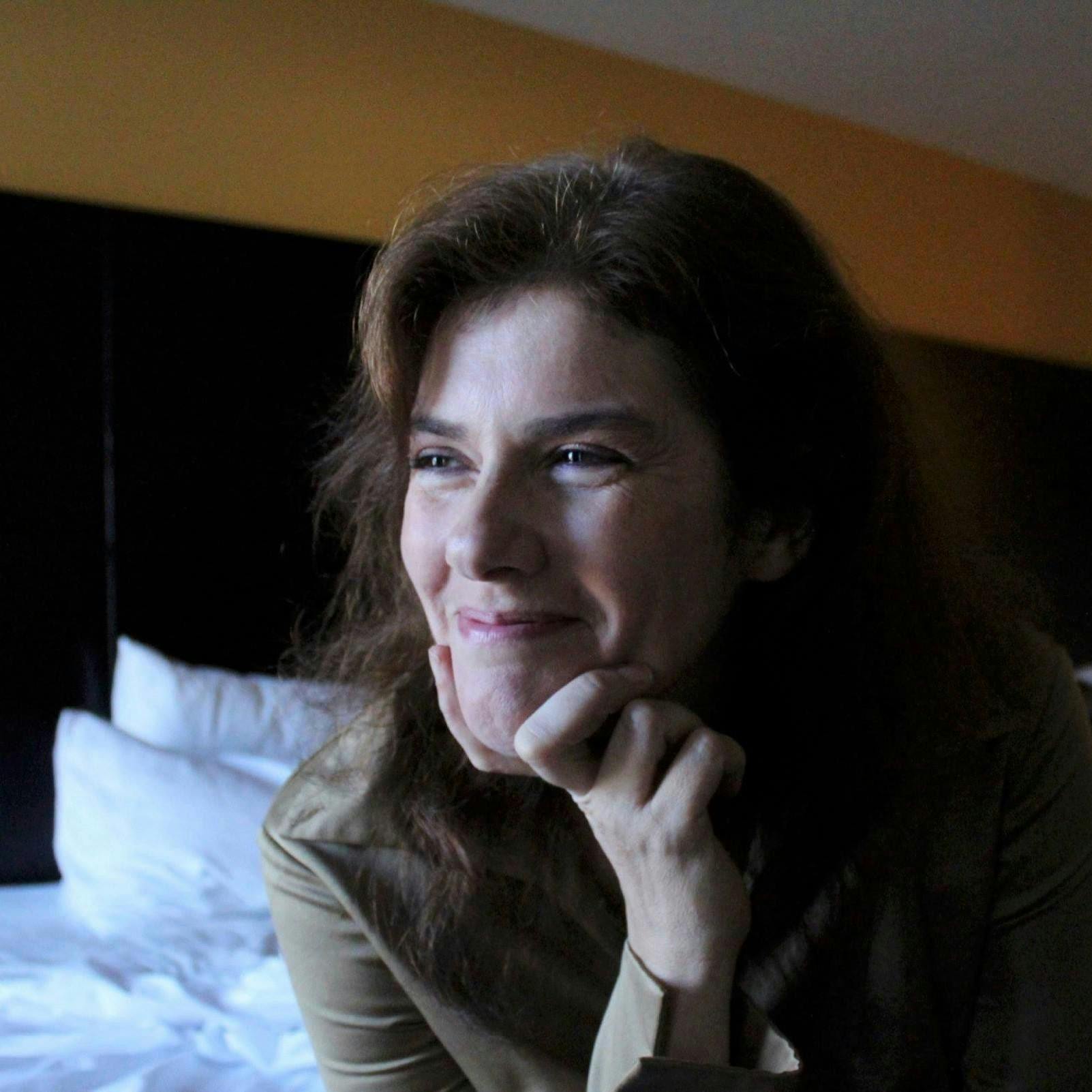Hollywood 3.0: A look at Roman Coppola’s Web3 film financing hub, Decentralized Pictures


Film is, in many respects, just like other art forms. Creators come up with ideas and craft them in different ways and then struggle to find an outlet for the work. The difference is, because filmmaking is such an expensive endeavor, and involves a team to create it, it requires upfront funding that can often stop a great idea in its tracks, especially when the idea comes from the mind of an individual with no connections in the industry.
Just a few decades ago, the press was rife with stories of filmmakers taking second mortgages on their homes to self-fund their unique projects. But as inspiring as the indie revolution of the 1990s was, film financing is a strange bird. Even as costs for tools have come down, movie budgets are higher than ever, due to skyrocketing marketing costs. While you can now make a micro-budget film with your friends on a phone, and Hollywood superhero films are made with astronomical budgets, it is somehow more difficult than ever to finance a moderate budget film.
“It is mystifying, I agree,” says Roman Coppola, President of American Zoetrope, frequent collaborator with Wes Anderson, and a director in his own right. “It’s just some sort of weird inflation. And when you think of films that have been made—really staggeringly complex movies made in the past, and you consider doing them today, it almost seems impossible.”
Enter Decentralized Pictures (DCP), a nonprofit film financing entity founded by Coppola and his associates Michael Musante and Leo Matchett. The organization utilizes blockchain and Web3 technology to help independent filmmakers realize their visions.
The basic process is as follows: a filmmaker or screenwriter who has an idea to pitch brings that idea to the DCP community. They offer a submission fee to anyone in the community who will rate and evaluate it, in the hopes of getting enough positive reviews and high enough ratings that the project will rise to the top and become a finalist for one of several financing packages. Some of these are offered by DCP, others are sponsored by specific donors who are sometimes high-profile filmmakers themselves, like Kevin Smith (Clerks, Dogma) and Steven Soderbergh (Ocean’s Eleven).These packages range in amounts and specifications, but all include support such as introductions to help filmmakers with no connections in Hollywood. Anyone can join the community to review and evaluate films, but individuals who have higher “reputation scores,” due to demonstrated real-world qualifications and/or a track record of picking successful projects, can have a greater impact with their reviews. It’s possible to join as a reviewer and earn enough FILMCredits (the platform’s currency) to submit your own ideas for community evaluation without having to invest any money at all. At press time, the community consisted of roughly 10,000 people, but the hope is to get to a million or more, at which point DCP will move away from its current decision-making role (picking the winning ideas from a community-selected pool of finalists) and simply allow the community to decide who gets the DCP funds.
Looking through the reviews posted on various projects in the platform, there’s a wide range of approaches. As someone who makes films, and writes about and teaches film for a living, I was struck by that diversity, ranging from thoughtful praise for filmmakers tackling important issues to specific technical suggestions for how to improve one’s proposal that seem to come from those with more experience in filmmaking. In most cases, the reviews were positive and constructive, but then there are occasionally simple, one-line statements like “Passionate projects for passionate people! Hope this movie is released soon!”
As important as financing is, DCP seeks to solve perhaps an even greater problem—the ability to access the right people when there are so many gatekeepers and obstacles that prevent filmmakers from getting someone to even read the proposal or script.
As Coppola sees it, “Hollywood is kind of a hard nut to crack, and there's a lot of people who are excluded. There's some paths to it, you know—people will make maybe a short film and win a festival and a bunch of agents will swoop down. So, in its oddball way, it's managed to find talent, and someone like Robert Rodriguez (El Mariachi) sells his blood and makes a movie on his credit card and penetrates into it. But it just seems like this technology could aid people who have a unique voice find their audience, and find colleagues in the business, which is what we're offering. We’re saying, put up some of your work. Rise up through the community. Shine. And we'll make some introductions, because everyone always wants to meet the next important filmmaker, mover and shaker, or someone who's going to be the new voice.”
The use of Web3 and related technological innovations is what makes this possible, because, as Musante explains, “What the blockchain technology allows us to do, in a sense, is reach out into the world and find great talent, find great content that otherwise couldn't break into the very centralized and somewhat barrier system of Hollywood… Opportunities are being lost by the industry, both in an artistic sense and in a commercial sense, because those ideas can't break through. This efficiency, where the submitter pays in cryptocurrency that gets locked into a smart contract, pays other members of that community for reviewing, and all of those reviews are on the blockchain—that data is immutable. And it's transparent. It can be queried by the community. So it's fair, and things in blockchain are scalable, so that review can happen on a massive scale.”
Most recently, Kevin Smith granted his $40,000 DCP award to two Latina USC students for Holy Smokes, a stoner comedy that will be their entrée into the film industry. And just before that, Steven Soderbergh’s finishing funds went to Calladita, a short by a filmmaker from Spain who had primarily funded its production through the sale of NFTs.
From my own standpoint, I certainly see reason for cautious optimism, as independent filmmakers who actually do have important and underrepresented viewpoints have traditionally been shut out of Hollywood financing circles due to the latter’s risk-averse priorities. But at the same time, with projects vetted by community members on the DCP platform, a lot will depend on who those people are and what they respond to, which could just end up being more lowest common denominator films. Still, the potential is there for something game changing.
“In the next three or four years, are there going to be new voices in cinema that are going to be the voices of their generation? That’s just a total fact,” declares Coppola. “So the question is, how are they going to come to be recognized?… We want to be there. And it would be such an incredible feeling to think that some person who maybe wouldn't have had their voice heard—through our platform, has that voice come to be known.”
